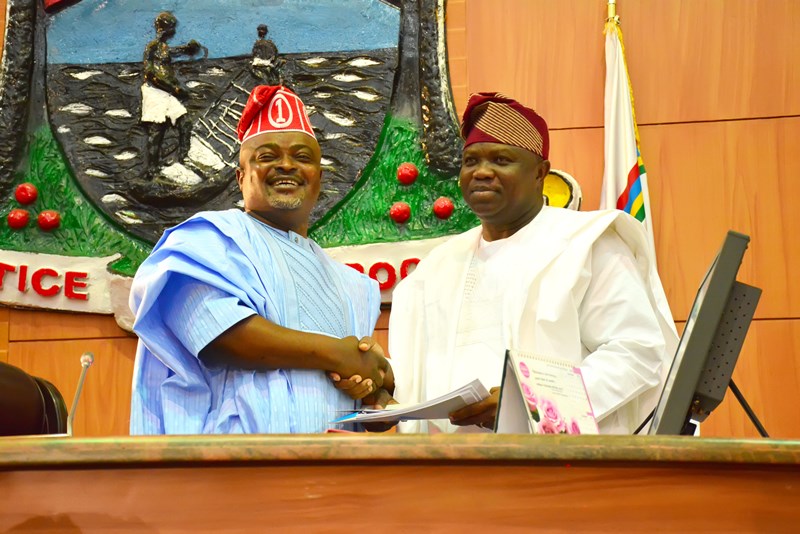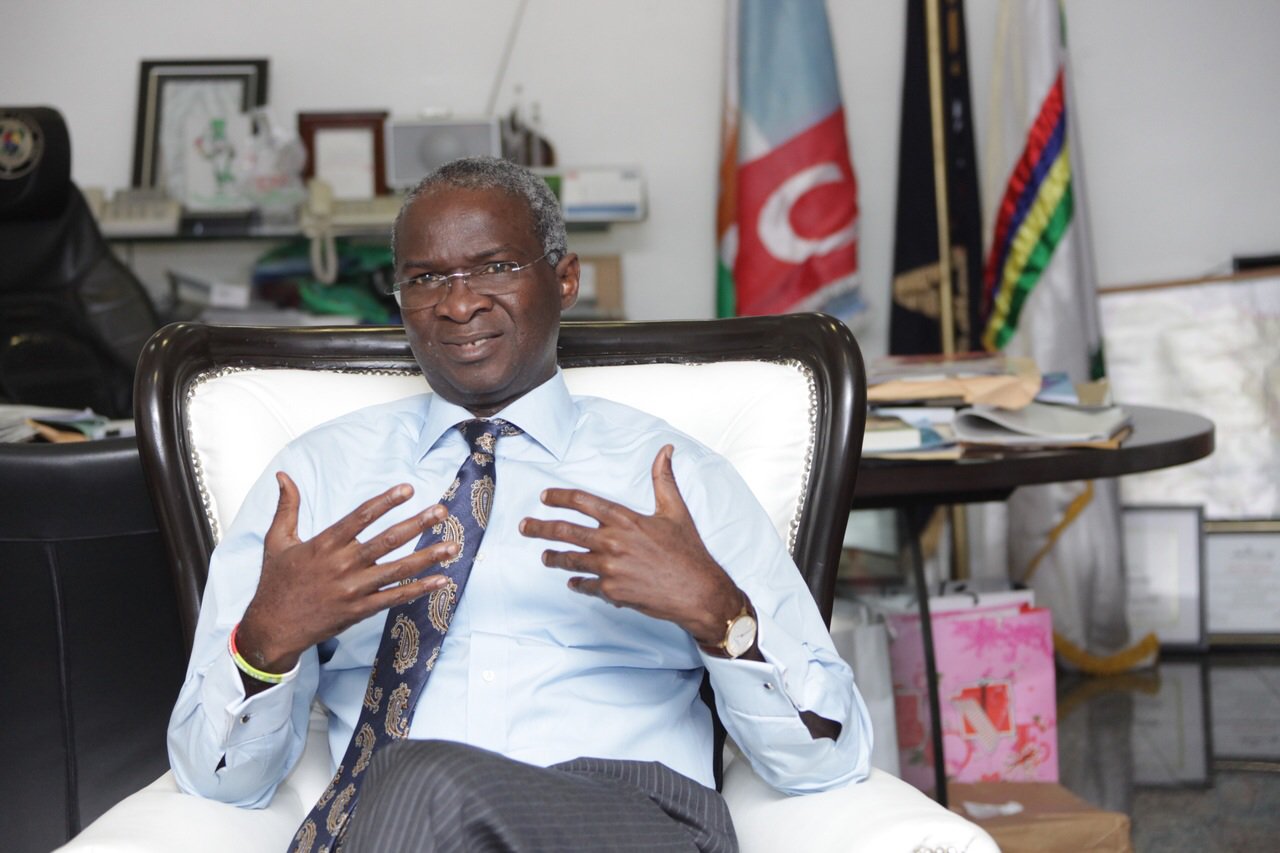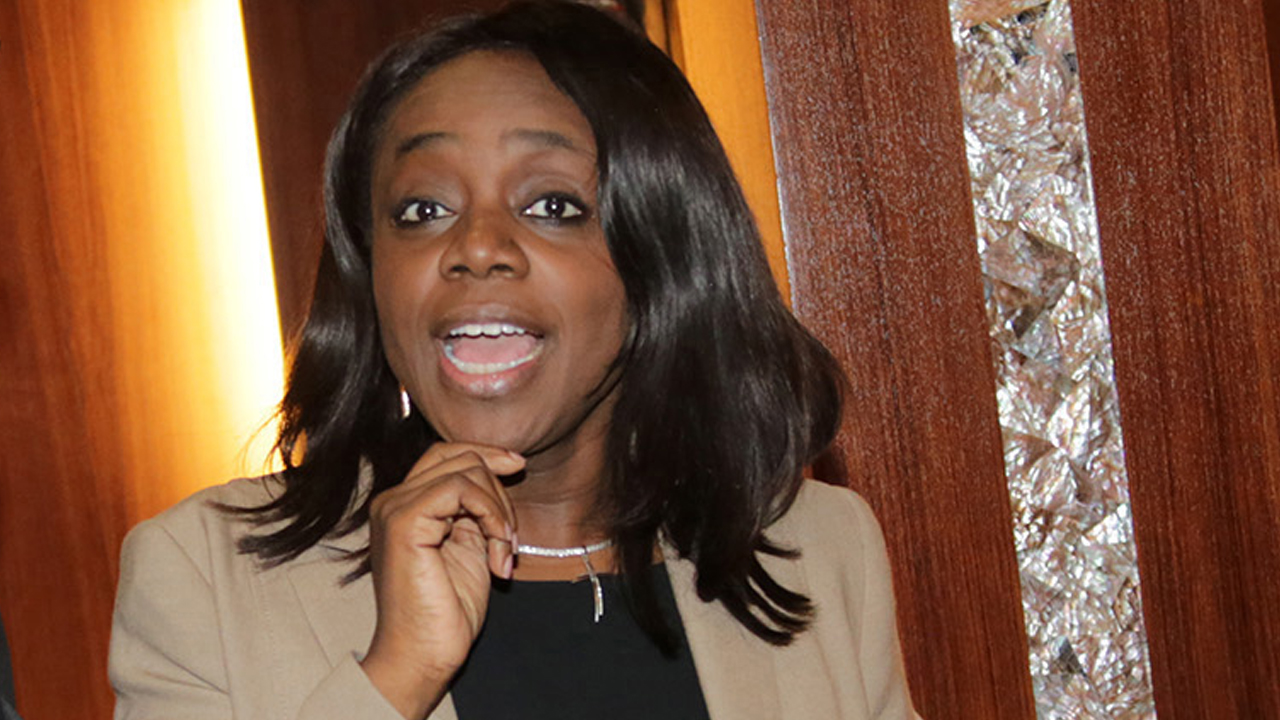The House of Representatives on Tuesday summoned the Minister of Works, Power and Housing, Babatunde Fashola (SAN), over his allegation that the National Assembly inserted projects in the 2017 budget.
TheNewsGuru.com reports that the Minister had last month raised the alarm over the insertion of projects outside the purview of his ministry in the 2017 Appropriation Act by the National Assembly.
Both chambers of the National Assembly had however refuted the allegation while insisting the minister was bent on pitching them (the lawmakers) against Nigerians.
The minister is expected to appear before members of an Ad hoc Committee of the House on a date to be determined by the committee.
The summon followed the unanimous adoption of a motion under matter of privilege moved by Rep. Sadiq Ibrahim (Adamawa-APC) and seconded by Rep. Aliyu Madaki (Kano-APC).
Relying on Order 6 Rule 1 and Rule 4 of the House Standing Order, Ibrahim said that Fashola’s claims breached the privileges of the lawmakers.
The allegation had caused ripples in the public domain as the minister accused the legislators of altering the allocations for critical projects under his ministry in the budget.
He had said that the insertion in the ministry’s budget was made in favour of scores of boreholes and primary health care centres in the legislators’ constituencies.
While condemning the allegation, Ibrahim said that the minister’s comments were capable of inciting Nigerians against the lawmakers.
“By this singular act, the minister has breached the privilege of the House.
“Freedom of speech is a constitutional right and everybody has a right to enjoy it; however, Fashola has spoken on an issue agreed upon between the executive and the legislature and laid to rest.
“Fashola abandoned the official channel of communication to the National Assembly and decided to go to the media to make his assertions.
“The budget is an Act and the minister is making a pronouncement on an Act.
“There is need for Fashola to appear before an ad hoc committee to be set up by this House to give answers to his comments.
“It is an attack on all of us and capable of causing friction between the executive and the legislative arm of government,’’ Ibrahim added.
Contributing to the motion, Rep. Kingsley Chinda (Rivers-PDP) said that though the image of the House was at stake, “I will appeal to the House to hold its gunpowder since the matter is investigative in nature’’.
“It is right to invite Fashola to come and throw more light not only to this House but to Nigerians on the veracity of his claims,’’ Chinda said.
Also, the Chief Whip of the House, Rep. Alhassan Ado-Doguwa (Kano-APC), said that Fashola’s assertion was capable of truncating democracy in the country.
According to Ado-Doguwa, each component of the three arms of government has specific functions to perform and we must defend our mandate.
“Not only that the minister’s action breached our privileges individually and collectively as an institution, it has also undermined a budget worked upon by the National Assembly and assented to by the Acting President,’’ he said.
The Speaker of the House, Mr Yakubu Dogara, referred the motion to a 14-member ad hoc committee to be chaired by Madaki.


